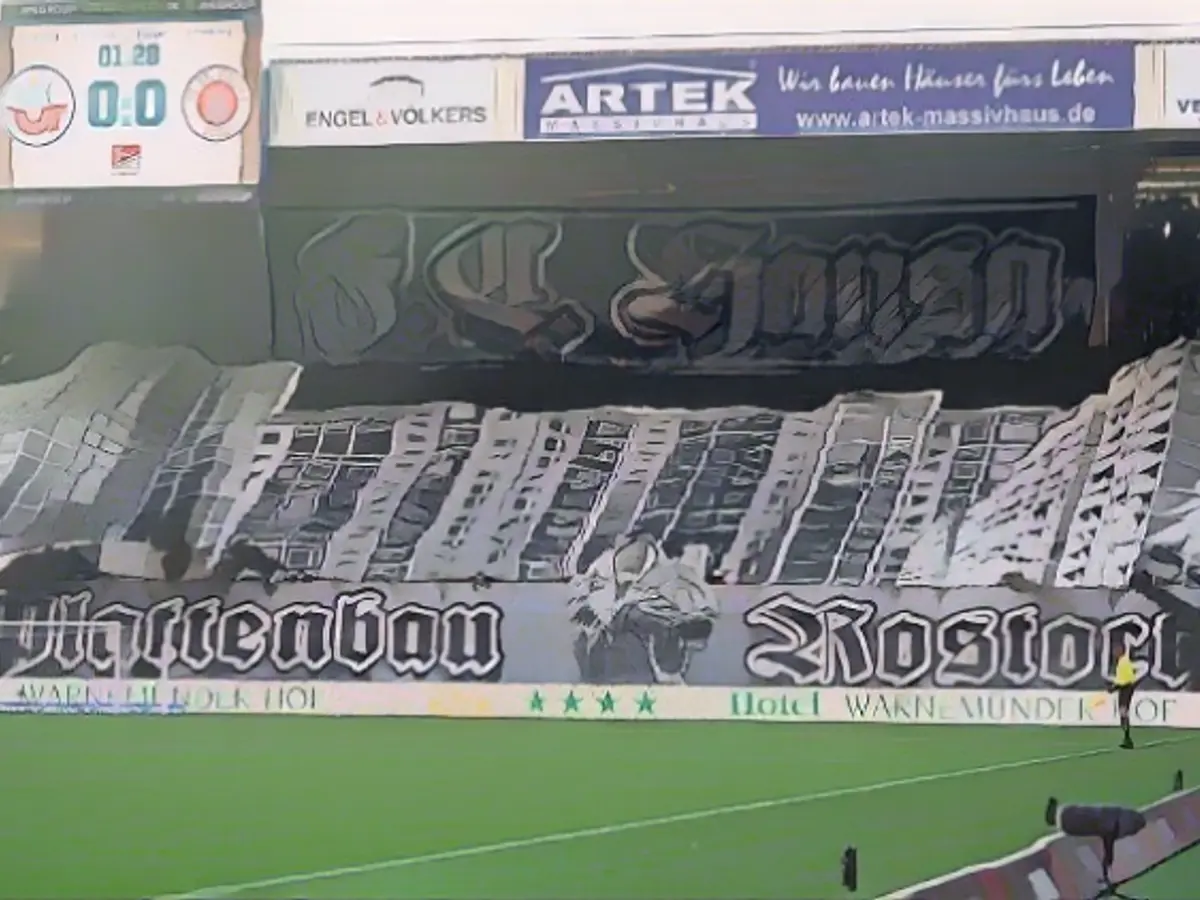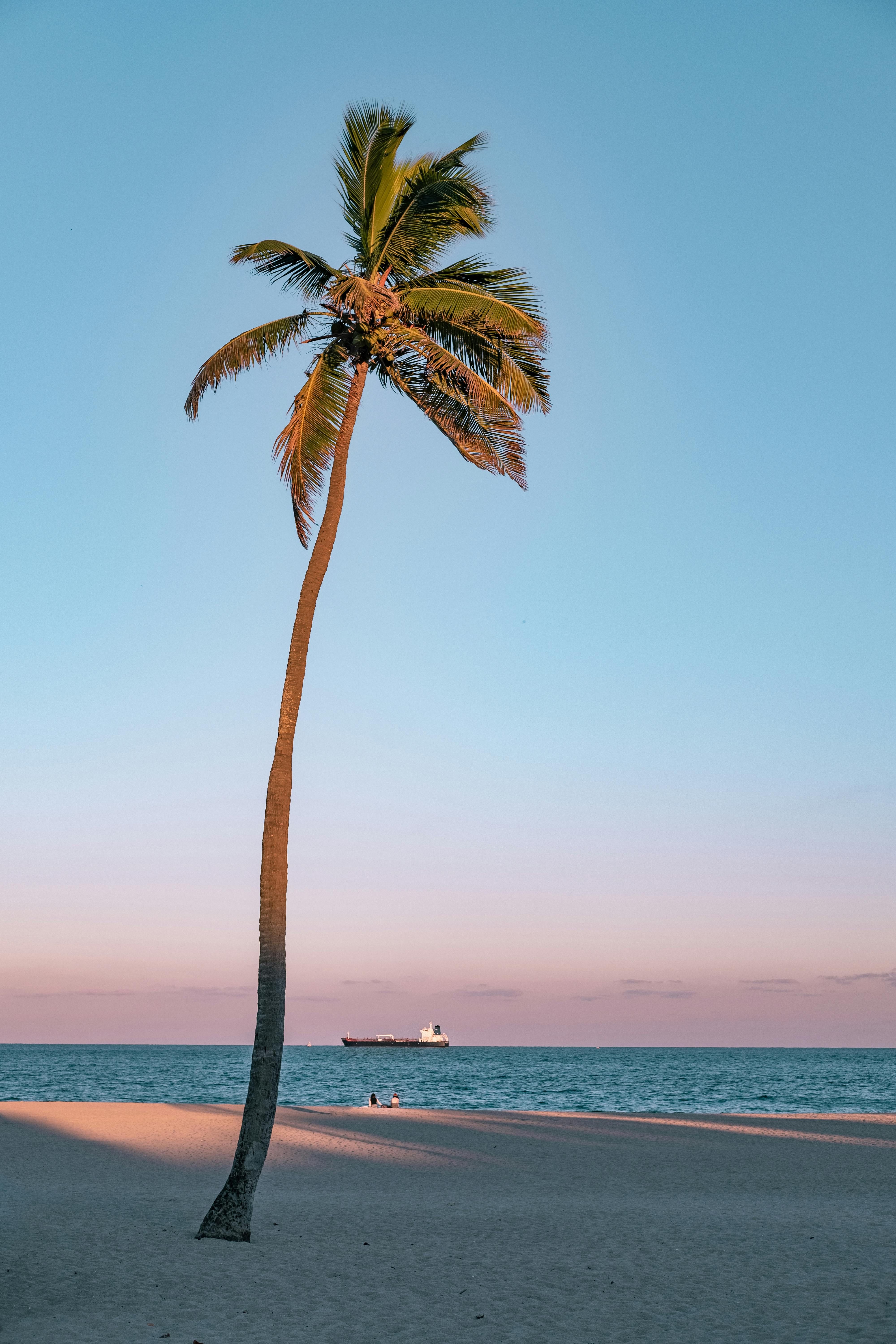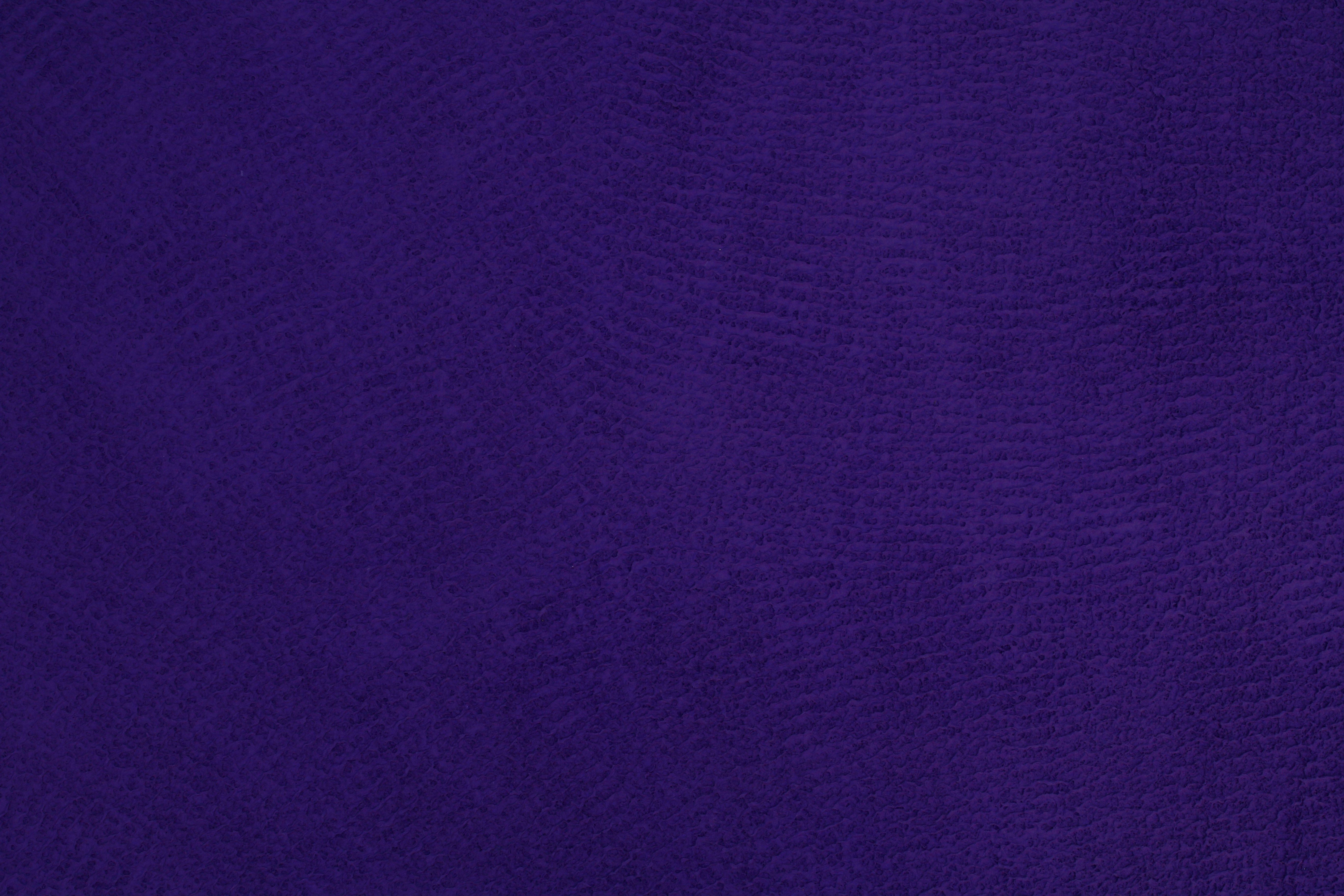Hansa Rostock Fans Stir Controversy with Lichtenhagen Reference
Sporting rivalry between Hansa Rostock and FC St. Pauli took a turn for the controversial in their recent match. Fans of Hansa Rostock drew ire for displaying a large banner alluding to the racially motivated attacks in Lichtenhagen three decades ago. The banner, featuring the words "Plattenbau Rostock" and a sunflower house, caused a stir due to its connection to the past incidents, recognized by both sports media outlets and FC St. Pauli's president.
Spectacular Controversy
The game between Hansa Rostock and FC St. Pauli lived up to its reputation for being a tense affair, with Hansa Rostock eventually falling short, 3-2. However, it was not the final score that sparked controversy but rather the large-scale display by Hansa Rostock supporters before kickoff.
The banner stretched across the entire block and featured the words "Plattenbau Rostock" and a sunflower house. While both "Plattenbau Rostock" refers to a fan group, the sunflower house symbol has a deeper and more controversial meaning. This is particularly true when considering Lichtenhagen's history.
A Dark Chapter in History
Rostock-Lichtenhagen is a district of Rostock that became infamous in August 1992 for witnessing massive racist attacks by radical right-wing extremists. These horrific incidents targeted a central reception center for asylum seekers and a hostel for former Vietnamese contract workers, called the "Sunflower House."
Throughout these attacks, the rioters – including numerous right-wing extremists and neo-Nazis – launched Molotov cocktails and assaulted the buildings, receiving applause and cheers from thousands of onlookers.
Historical Precedent
Hansa Rostock supporters have shown a willingness to make allusions to these racial attacks in the past. For instance, on the fifth matchday of the previous season, just before the 30th anniversary of those events, several Hansa Rostock fans displayed similar symbolism.
As a result, critics have accused Hansa Rostock supporters of sympathizing with or trivializing the xenophobic acts that took place during those dark days. The likes of St. Pauli president Oke Göttlich have publicly criticized such conduct, and indeed, FC Hansa Rostock was fined by the German Football Association for their previous year's display.
Controversial Decision
The symbolism of the year 2023 brought with it an equally questionable display, with dark smoke billowing from under the block banner as the game kicked off. The club have yet to face any ramifications from the German Football Association for their latest controversial action.
Sources:
Learning from the Past
While previous incidents of racism and xenophobia are important to understand, it is crucial to discuss the present and future of German football. The continuous struggle against racism and prejudice remains as vital today as it did in the past.
The contrast between Hansa Rostock's supporters and FC St. Pauli, an anti-racist, left-wing club, highlights the differences in attitude toward racism within the sport. It also underlines the importance of continued education and activism in fostering a more tolerant and inclusive football community.
Enrichment Data:
German football has seen various incidents of racism and xenophobia throughout its history, from Lichtenhagen riots in 1992 to the Friedrichshain riots in 1996 and the "Völkermord-Mini" incident in 2015. While football clubs, such as Hansa Rostock and FC St. Pauli, hold different values and attitudes toward racism, it is still a significant issue in German society and football culture. Understanding these historical contexts provides valuable insights into the ongoing struggle against racism and prejudice within the sport.








